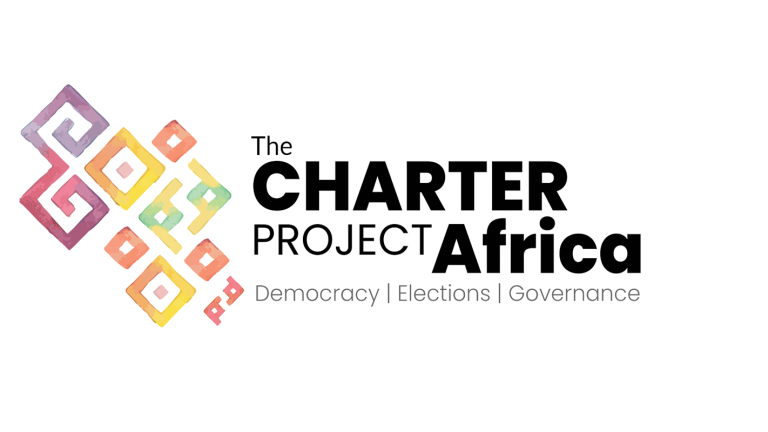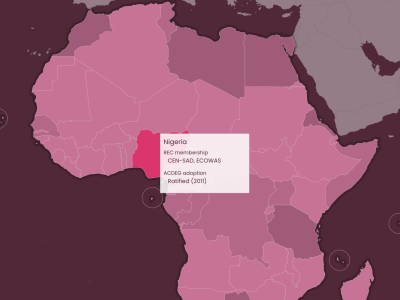
The ECOWAS democracy agenda: Channels, lessons and digital technologies for civil society engagement
ECOWAS is Africa’s most active regional bloc on governance. Martin Ronceray and Maëlle Salzinger with Latyr Tine and Rukia Bakari from the Gorée Institute examine the role it plays in democratic governance. They also discuss the frameworks and practices of civil society engagement with ECOWAS, and the usefulness of a partnership on digital technologies and governance between ECOWAS and civil society.
This page is also available in French.
Summary
Of Africa’s eight regional economic communities, the Economic Community of West African States (ECOWAS) is the most active on governance. The main reason is that democracy in the region is not only vibrant but also seriously challenged: dynamic social movements alternate with military coups, contested third terms and pressures on civic space. ECOWAS plays a role by setting, promoting and sometimes enforcing democratic norms in the region. The community also tries to be inclusive by inviting civil society to take part in its processes. Several such partnerships have been sustained over time, most notably on early warning.
This paper examines the role ECOWAS plays in democratic governance and discusses the frameworks and practices of civil society engagement with the community. It maps the fast-evolving landscape of initiatives and umbrella networks civil society uses to engage the community. ECOWAS welcomes contributions from organisations that help it deliver its agenda, starting with technical support. It is less inclined to engage with organisations focused on civic rights and political accountability, and to let civil society shape its strategic orientations.
Digital technologies help civic initiatives in West Africa to mobilise constituencies and leverage knowledge to foster accountability. Technologies also allow civil society to resist and sometimes counter the pressures on civic spaces. Therefore, a partnership on digital technologies and governance between ECOWAS and civil society would be useful, as the community is well-placed to guide its members on how to regulate technologies in ways that work for – not against – inclusive governance.
This paper was produced for the Charter Project Africa.









